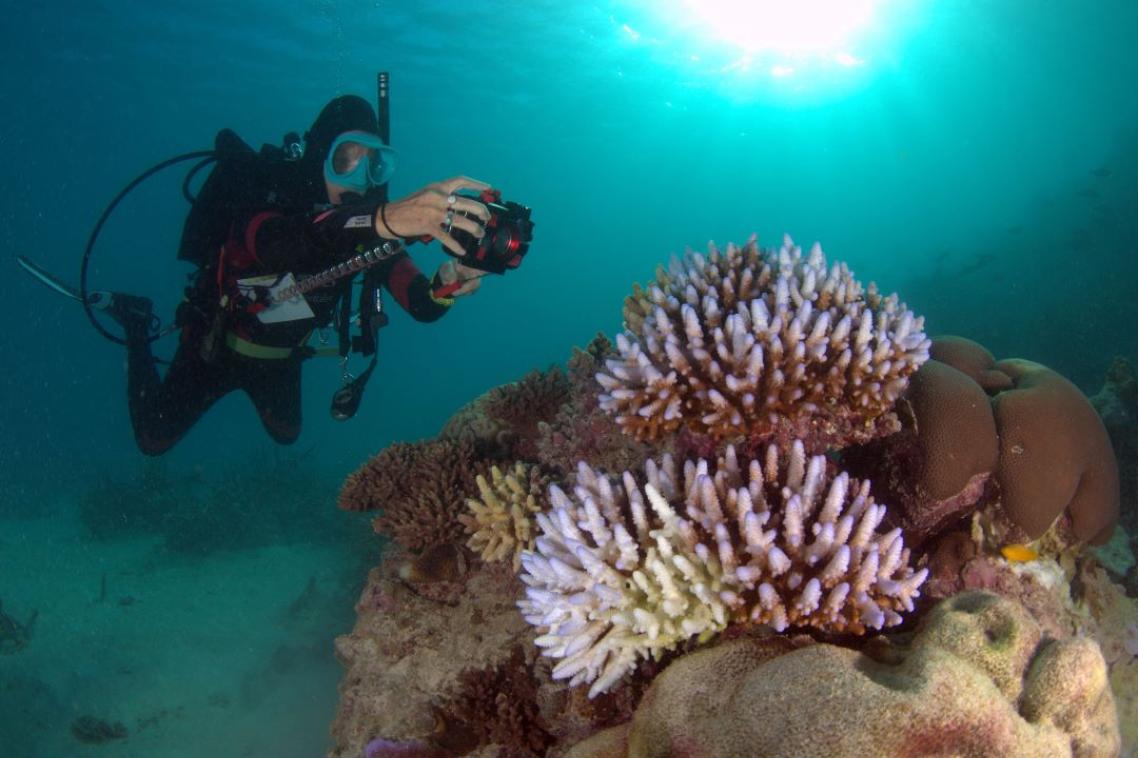Flexibility is the key for students at new Ipswich campus
Students at UQ Ipswich can look forward to a unique learning experience when the new campus opens its doors next February.
One of the people promising that experience is Allison Brown, recently appointed head of the Learning Resources Development Unit (LRDU) who will be starting work in August.
The LRDU is part of the University of Queensland's Teaching and Educational Development Institute and was set up to help academics develop more flexible ways of teaching.
Unit staff are working with academics to review existing teaching materials, facilitate curriculum planning, and develop a wealth of text and IT-based materials for the new degree programs at Ipswich.
Flexible delivery is Ms Brown's mission. 'This means designing a study pathway for courses which encourages students to be more active in their learning and enables them to self-pace,' she said.
'The focus will be more learner centred. Flexible delivery offers students many more options than traditional teaching methods and enriches the learning experience.'
Ms Brown's enthusiasm for these ideas and plans is based on the solid foundation of a long career in the field of education.
Originally from Melbourne, she began teaching English in Victoria before moving to Western Australia where she became involved in Technical and Further Education (TAFE) curriculum development.
For about 16 years Ms Brown was a key figure in writing and developing TAFE course material, besides being a foundation member of the Adult Literacy program in Western Australia.
Over the next decade her focus shifted to the area of teaching English as a second language. Based in Perth she was head of staff development and the production and publication of a wide range of learning resources using a variety of delivery media from print to computers.
About four years ago she moved to Perth's Murdoch University as an instructional designer where she worked with content specialists to ensure that learning materials were sound and likely to help students achieve their full potential.
'It's only natural that lecturers are very content-focused. My job is to help them find the best way to teach their content, to get the information across, and for the students to learn.'
One of her major successes in Perth was her contribution, as Head of Instructional Design and Production, to the establishment of Murdoch On-Line. This weaves the benefits of the latest technology into more traditional teaching fabric to give students extra opportunities and greater flexibility.
It means students have greater control over when and where they will study. CD Roms, software packages, audio, video or the Internet may provide the interactive element at times and places which best suit them, all within a supportive framework provided by lecturing staff.
'There's a growing realisation that traditional on-campus teaching, where lecturers just give out information, is not the best way for many students. Students need to be more actively involved,' she said.
However, Ms Brown is adamant staff have nothing to fear and that they will remain an essential component of flexible delivery. Lectures and tutorials will still have a part to play while ongoing monitoring and guidance of students is vitally important.
Her experience at Murdoch showed lecturers gained a new lease of life from the new approach. She recalls some who, after many years of conventional teaching, suddenly blossomed and got their second wind thanks to the use of on-line technology.
At Ipswich Ms Brown will oversee the production of instructional study guides which, she says, mirror new thinking about the learning process. The guides will be ready before each course starts and she is also intending to set up a Web site for each subject.
Ms Brown said deciding on the best delivery methods was a consultative process which began by finding out the aims of the person in charge of each particular course and included consideration of the students' circumstances.
For further information, contact Denise Chalmers, Director, Teaching and Educational Development Institute (telephone 3365 1075).
Related articles

Thousands of Queensland reef photos lead to worldwide change
“Art Museums are the site of public forum.”
Media contact
UQ Communications
communications@uq.edu.au
+61 429 056 139
